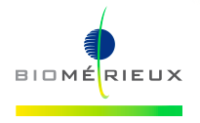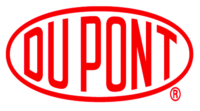Hygiena’s BAX® System – a genetics-based screening method – has been readopted by the U.S. Department of Agriculture (USDA) Food Safety and Inspection Service (FSIS) to detect harmful pathogens in meat, poultry, and eggs.
On July 6, USDA FSIS awarded Hygiena an indefinite delivery/indefinite quantity contract for pathogen detection instruments and kits for a base of 1 year, with an option for the agency to continue the contract for up to 5 years. The BAX® System for pathogen detection has been the agency’s preferred method for detecting harmful pathogens in the nation’s meat, poultry, and egg supply for more than 10 years.
“We are extremely pleased that the BAX® System has once again been evaluated by the FSIS and found to meet the agency’s standards for performance,” says Shannon Bullard, global product manager for Hygiena. “The BAX® System was the first to offer molecular-based pathogen tests to the food industry, and our commitment to continuous improvement is still providing the best science-based solutions for evolving food protection needs. This award is a testament to the long relationship Hygiena has shared with the USDA and the performance of this valuable platform.”
Food processing companies around the world rely on the BAX® System to detect pathogens or other organisms in raw ingredients, finished products, and environmental samples. The automated system uses leading-edge technology, including polymerase chain reaction (PCR) assays, tableted reagents, and optimized media to detect Salmonella, Listeria species, Listeria monocytogenes, E. coli O157:H7 and STEC, Campylobacter, Staphylococcus aureus, Vibrio, and yeast and mold. Many of these tests have been certified by AOAC and AFNOR and/or approved by government agencies in the Americas, Asia and Europe.




